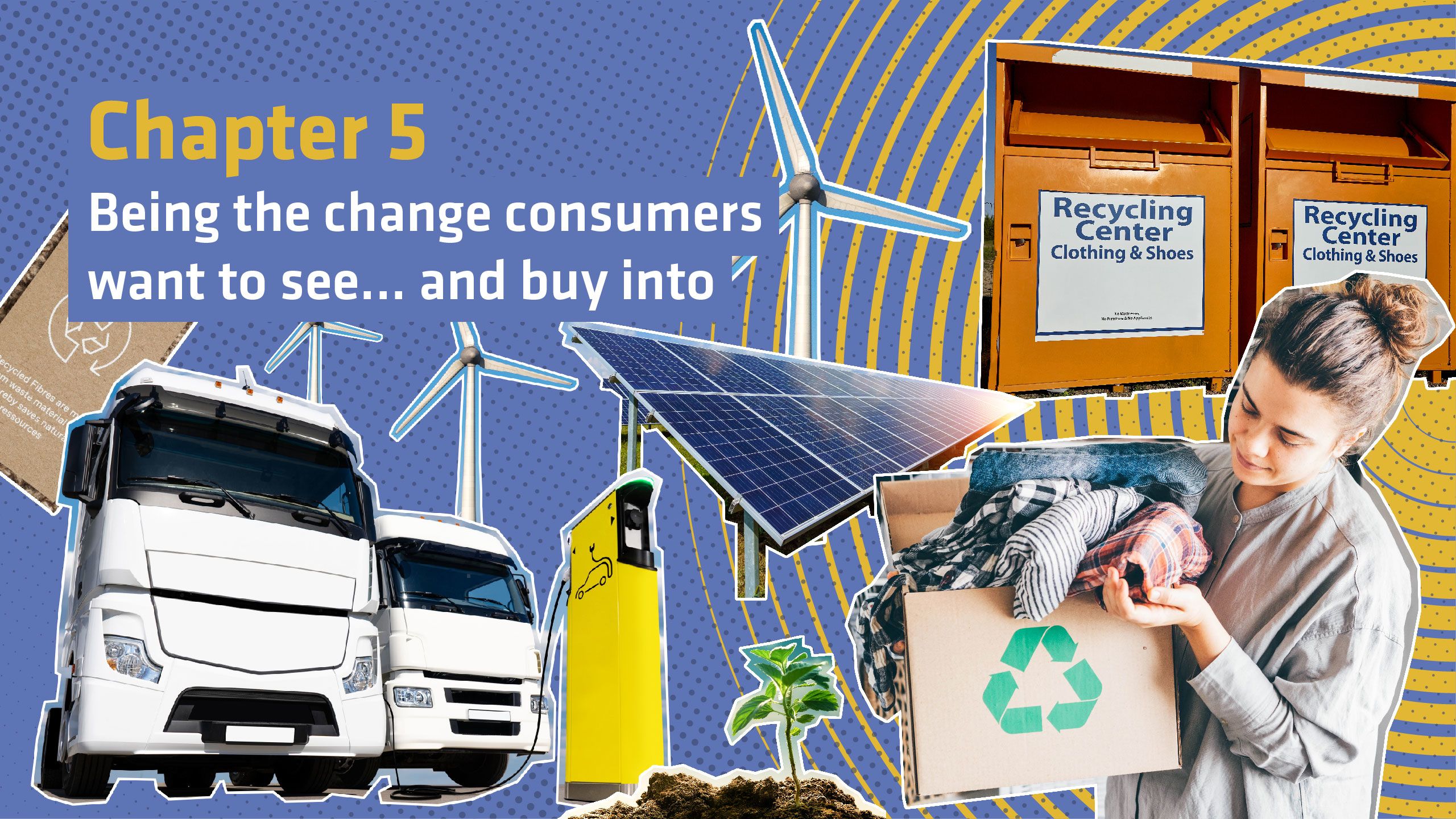
UK annual spending on ethical products soared past £100bn for the first time in 2020, according to research from the Co-op, and the trend shows no signs of abating.
Retail Week consumer research from 2022 revealed that 55% of shoppers were more likely to buy from retailers with ethical and sustainable credentials. Meanwhile, a sizeable 48% were likely to seek out a retailer’s sustainability credentials before visiting a website or store.
Accordingly, the majority of the leaders we interviewed are making sustainability a core focus. Many of them are already supporting the BRC Climate Action Roadmap, which has now signed up around 90 businesses to work together and learn from each other to reduce carbon and improve the health of the planet.
Similarly, it appears retail leaders are committed to creating and developing diverse and inclusive environments. A pre-pandemic McKinsey & Company report, Delivering Through Diversity (2018), is still one of the most extensive research pieces on this subject. It showed that businesses in the top quartile of their rankings for successful gender diversity on their executive teams were 21% more likely to have above-average profitability.
For those with the top ranking for ethnic and cultural diversity, that figure was 33%.
Ongoing Deloitte research in the following years shows that innovation revenues jump by 83% for organisations practising an authentically diverse culture, emphasising why adopting this approach is common sense for retailers.
Green dreams
The retailers we interviewed have invested – and are continuing to invest – time and resources in sustainability as they understand it will be an ongoing priority over the coming years, with social pressure and more legislation dictating so.
Retailers we interviewed were keen to detail their plans to become greener and the targets they have set to reduce the impact their operations have on the planet.
In particular, eBay, Osprey London and The Fragrance Shop placed sustainability in their top three priorities list for 2024 for specific reasons.

eBay is a sponsor of ITV reality show Love Island
eBay is a sponsor of ITV reality show Love Island
At eBay, the focus is on driving the pre-loved market. In recent years, the marketplace has retrospectively rebranded itself as a “pre-loved pioneer” as interest has grown and the reputation of the second-hand market has improved.
Since 2022, eBay has been the main fashion sponsor for the hit ITV reality show Love Island, which has helped it promote the benefits of buying second-hand clothing and attach the eBay name to the circular economy.
eBay’s Williams describes pre-loved as the company’s “heartland”, adding: “It's more important than ever because it gives consumers access to great products, quality products, at a price they want, in a way that they can trust.”
A partnership with pre-loved platform Reskinned, which was launched in September 2022 and sees individual brands launching dedicated second-hand goods pages on eBay to further promote the circular economy, is just one initiative showcasing eBay’s green credentials. But it has ambitious group-wide plans, too.
“Our Science Based Targets Initiative is to reduce Scope 1 and 2 carbon emissions by 90% by 2030. 2019 is our baseline year and our goal is 100% renewable energy by 2025, and we’ve already reached about 91% of that,” explains Williams.
The online marketplace is also helping its sellers act more sustainably, ramping up advice in this area – as well as making sustainability training for staff a priority for 2024.
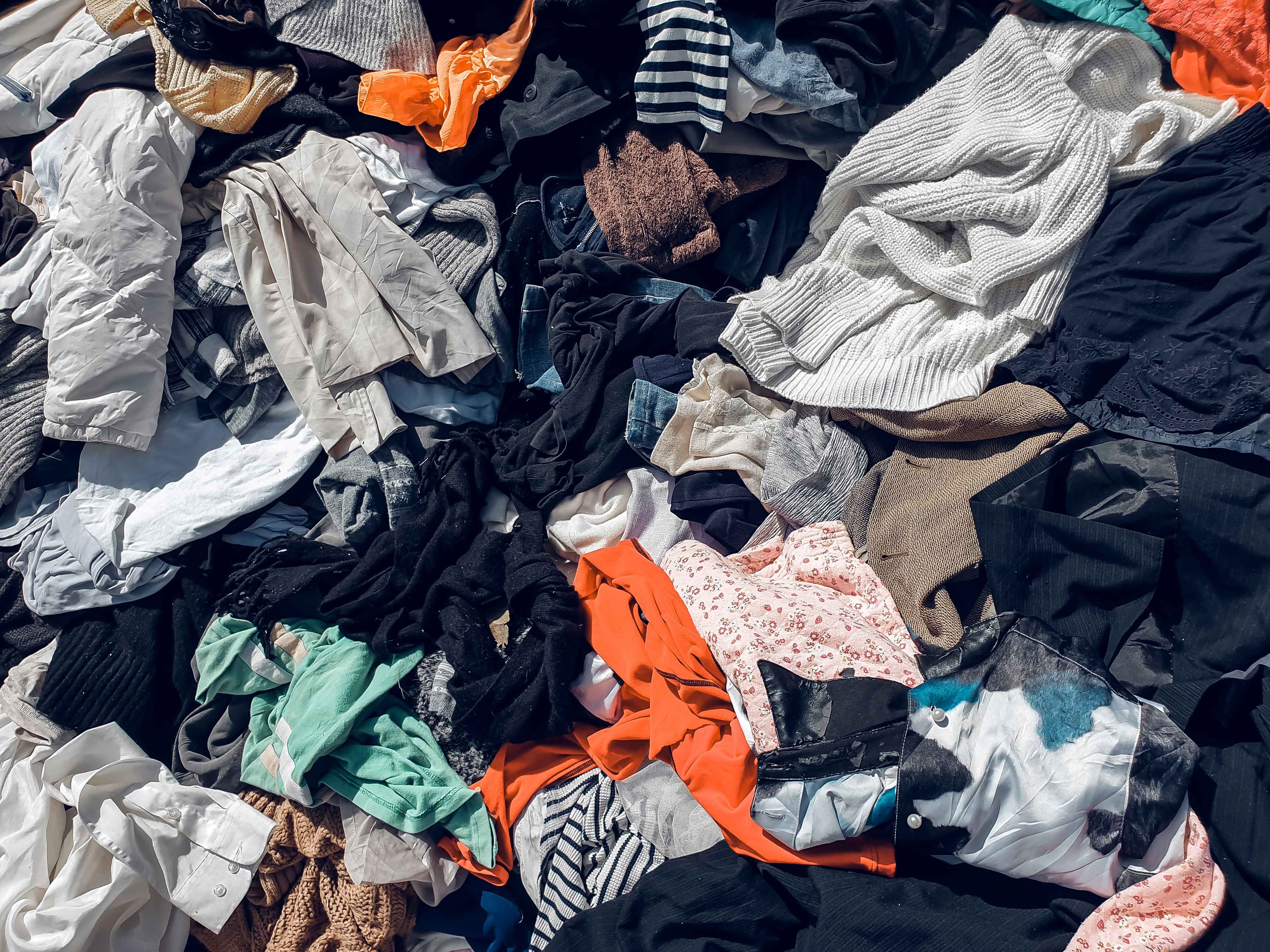
Both Osprey London and The Fragrance Shop have prioritised making their headquarters more sustainable for 2024, putting green issues front and centre of their plans.
Osprey’s Ellisdon says: “We’ve just moved into the home for the brand, which is called The Who and is based in the Chiltern Hills – and I think this whole location is going to become a metaphor for the company.
“We’re rewilding a third of the site, putting in a lot of solar panels; we’re bringing a lot of our own water on board. We’re, basically, trying to be as independent and sustainable as we possibly can and I think that’s very true to our heart.”
The Fragrance Shop, meanwhile, has moved its headquarters to a new state-of-the-art facility in Trafford Park, Manchester.
Chief executive Sanjay Vadera says: “As a business, we have invested heavily into our ESG initiatives. Our new head office comprises a large area of solar panels in Trafford Park, a sophisticated rainwater system that stores water for toilet use and a heat recovery system to recycle warm and cold air to reduce energy.”
The company has also appointed a board director with responsibility for ESG to acknowledge the important part the company and the wider retail industry play in this area.
Retailers such as The White Company and Decathlon have also invested in new sustainability leaders in 2023, while Asos appointed sustainability and CSR expert Anna Maria Rugarli as non-executive member and chair of its ESG board in 2023 to oversee green strategy.
Although some retailers are focusing on investment in transitioning to greener energy as a way of saving money in the long term, some sustainability strategy elements do increase costs in the short term.
Rapha has a target to be carbon neutral by 2025, which Blumire acknowledges is “ambitious”, but this comes after seven or eight years of work to reduce its footprint. Part of that involves all new manufacturing products with “environmentally preferred materials” and investing in the materials team.
“It has been a challenge financially; these materials are generally more expensive and it’s definitely hit the margin by a few points,” Blumire explains.
“Our assumption on that is, as it becomes more the norm, the cost should at least stabilise and not keep going up.”
Rixo’s Rix says: “The ethos of our brand is that we’re inspired by ‘vintage’ so we really promote that message and make sure our internal team are really efficient in everything they do and are trained by sustainable specialists.”
Elsewhere, Fraser Hart is investing in repair and upgrade services to support a more circular economy and converting lighting in stores to LED to save energy. It is also rolling out packaging made only from recycled materials and becoming a paperless organisation centrally.
However, Coyle says: “We have not set wider targets such as net zero as we do not believe we can achieve this practically or financially.”
THG has committed through its THG x Planet Earth strategy to ensure its targets to net-zero carbon by 2040 are met and has since set about dealing with sustainability-related costs through acquiring different suppliers throughout its supply chain. For example, THG has become a big plastics recycler as a result of buying plastic manufacturing sites.
“We even buy used PPE from hospitals and spoiled notes materials from the Bank of England, and then turn them into plastic pellets for reuse in society. Aside from the environmental impacts, it’s also becoming an increasing revenue stream for us,” Moulding says, explaining that sustainability initiatives can pay for themselves and even be profitable.
THG has also invested in a company that works with governments internationally to plant trees, an initiative it encourages its Ingenuity customers to partake in.
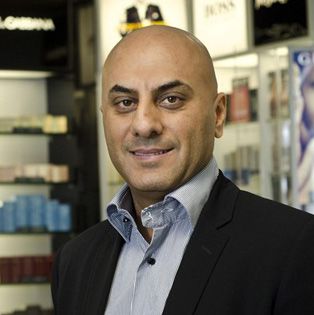
“[Our new facility] has got the largest area of solar panels in Trafford Park. We’ve got a sophisticated rainwater system that stores water for toilet use. It has a heat recovery system to recycle warm and cold air to reduce energy”
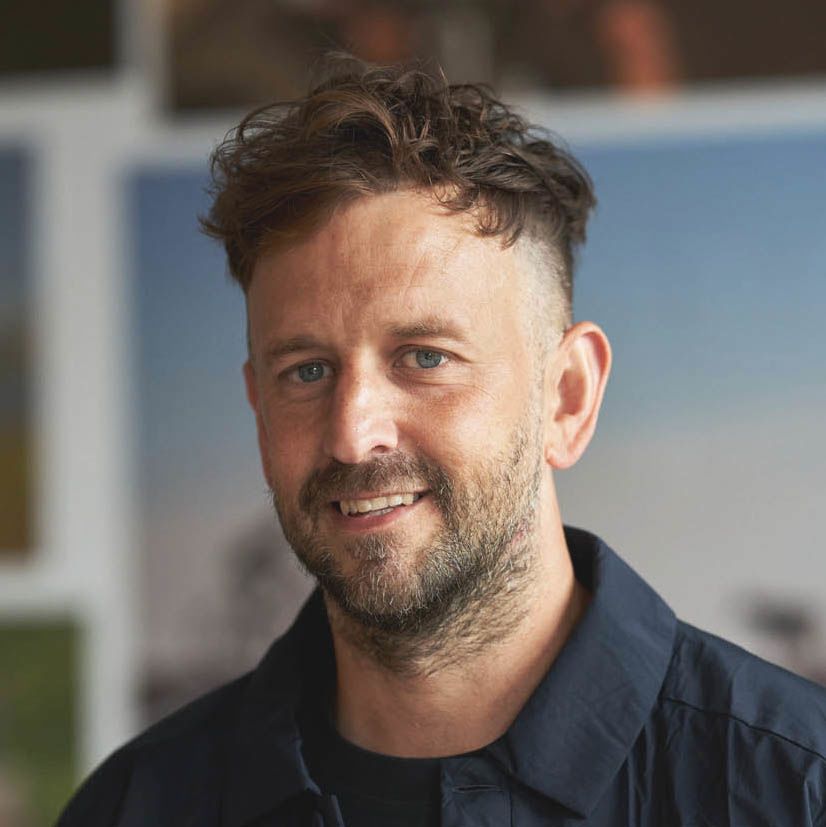
“These materials are more expensive and it’s definitely hit the margin by a few points. Our assumption on that is, as it becomes more the norm, the cost should at least stabilise”
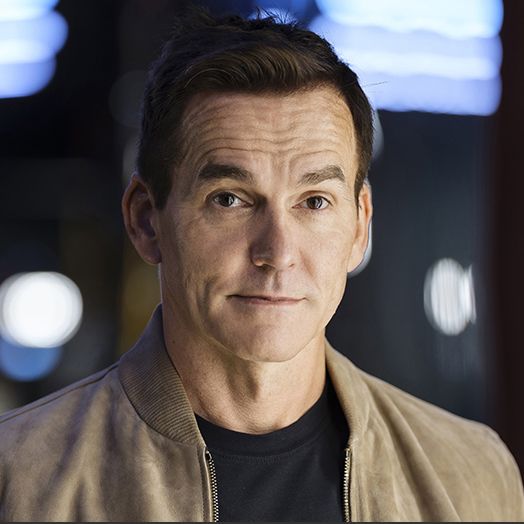
“We even buy used PPE from hospitals and spoiled notes materials from the Bank of England, and then turn them into plastic pellets for reuse in society. Aside from the environmental impacts, it’s also becoming an increasing revenue stream for us”
Inclusivity matters
Retailers are building diverse and inclusive cultures in different ways, but making workplaces welcoming for all has become central to being a progressive business.
Seasalt has created a ‘culture crew’, which links the business together and ensures the company is widely conveying information and policies, particularly around inclusion. There is also a member of the board who chairs meetings around inclusion, making it an area of focus that is always on the radar of the company’s decision makers.
Chief executive Hayes says: “We launched an inclusion strategy in August 2022. That’s really been about immersing the whole business in general inclusion training. We’ve offered several different workshops including work around menopause, in particular.
“Our overarching aims are to break down barriers with people from lower socioeconomic backgrounds. It’s work we do in Cornwall, but it’s also outreach work that we’re doing supporting apprenticeships and throughout the whole of the business.”
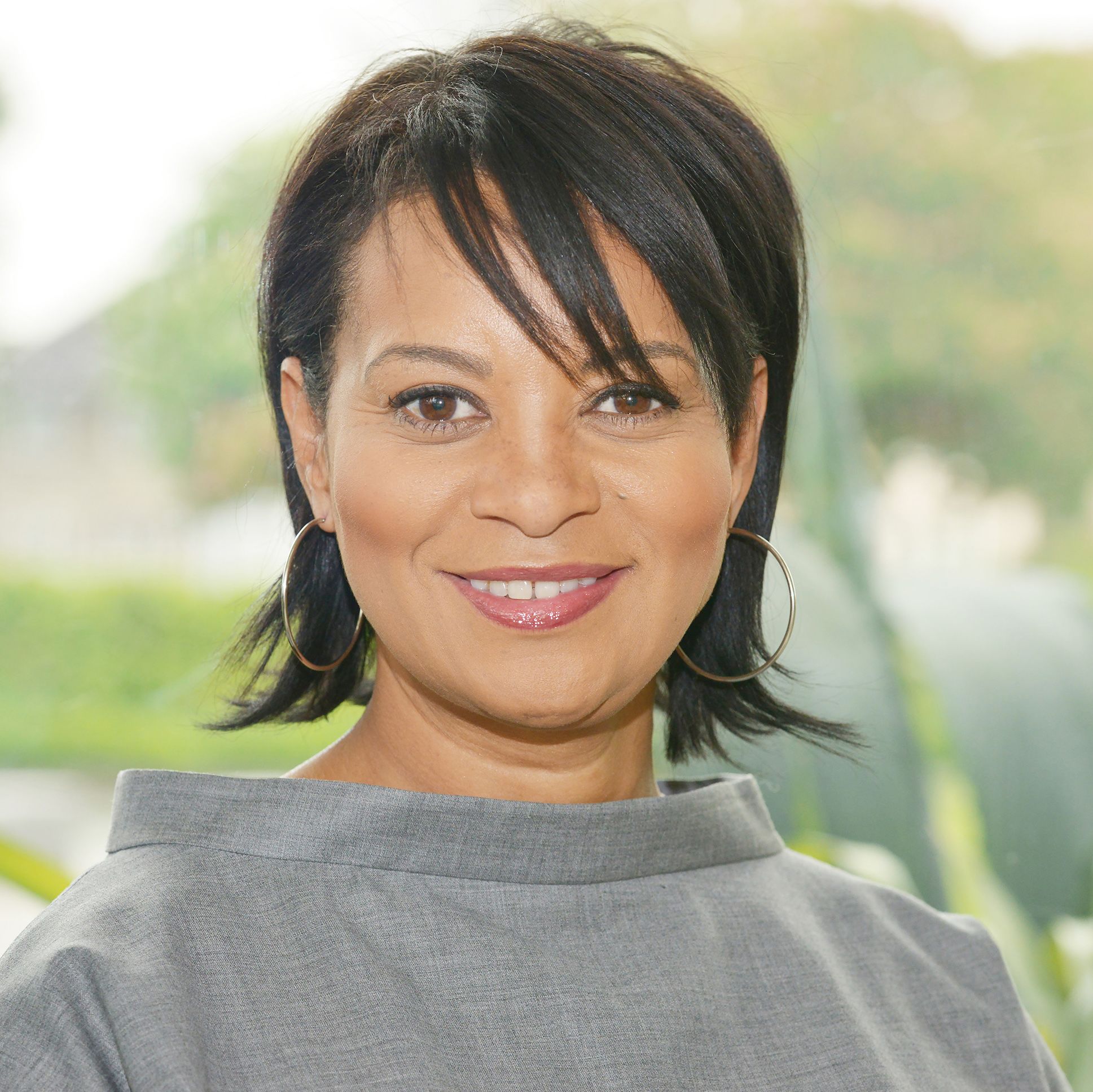
“The new stores will give that privacy to people of specific faiths to be able to spend the time they need for prayer away from the rest of the team”
Mamas & Papas and The Fragrance Shop describe being “celebratory” of minority events and diversity in general.
In acknowledgment of its “very diverse workforce”, The Fragrance Shop will promote inclusive events such as Pride across the business, both in offices and stores, and it celebrates religious events outside Christmas and Easter such as Eid and Diwali.
During Pride month at Mamas & Papas, there are special employee gatherings such as bake-off competitions, which help bring the workforce together and foster positive experiences in the office.
In the last few years following its 2019 CVA, Mamas & Papas has brought in 60 new people policies relating to matters ranging from IVF, adoption and bereavement leave to allowing staff to take a free holiday day on their child’s first day of school.
Other supportive measures include training 15 people in the business in mental health awareness, allowing them to identify when colleagues might be struggling.
While still in post, former EE managing director of commercial Lea said: “The stores we’re building are very inclusive of all faiths, and the new stores will give that privacy to people of specific faiths to be able to spend the time they need for prayer away from the rest of the team.
“It’s not just about ethnicity; it’s about how staff identify. Also around disability – the new stores are obviously accessible, but we look at how we can take that to the next level in the new set of stores we have.”
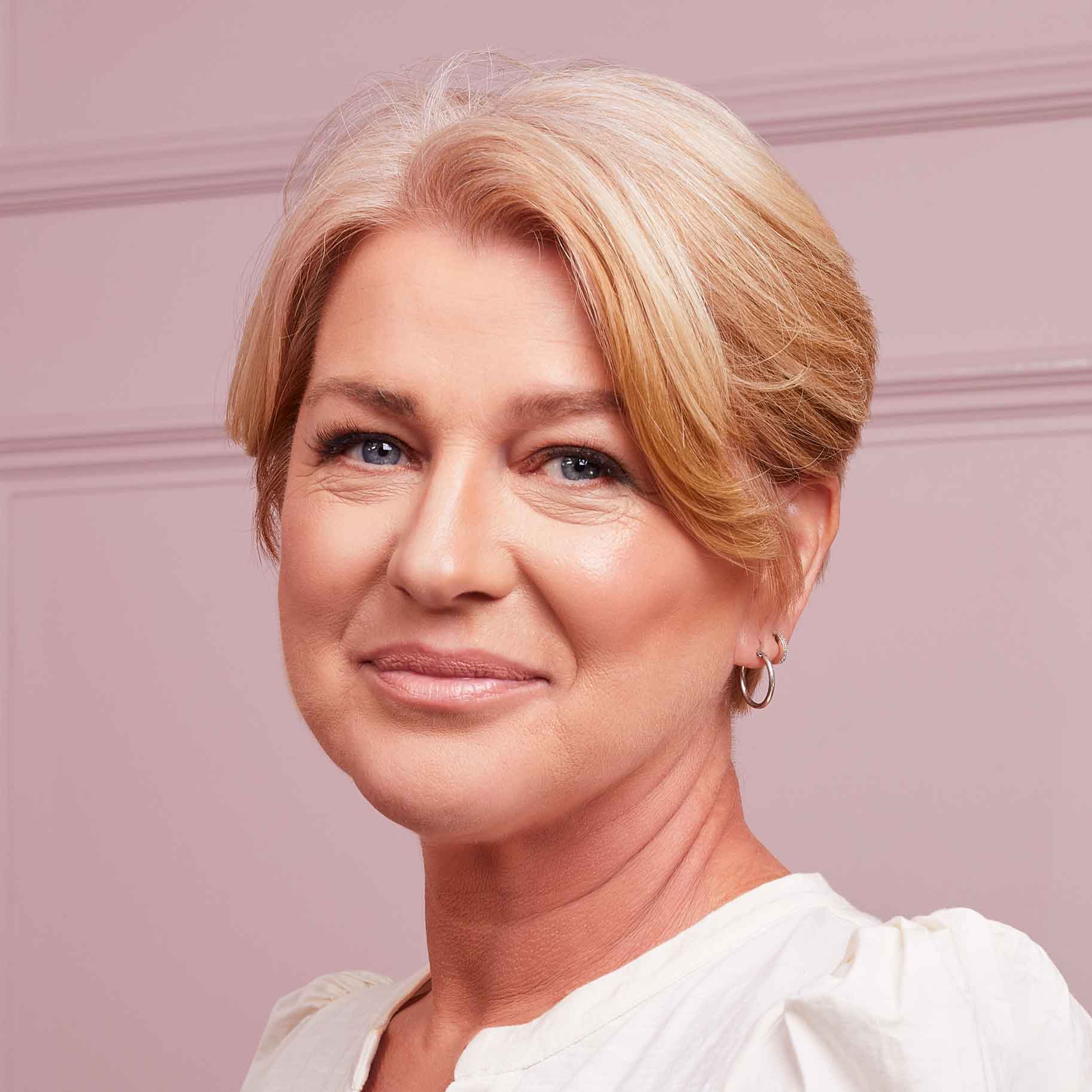
“We have an internal colleague panel called Strive, comprising 12 people from under-represented groups. They advise us on our policies, so we get everybody’s different lens on our approach”
Representation is key for many. Never Fully Dressed’s Aylen says: “We use a wide range of diverse models across online, social media and influencers.”
Meanwhile, Ann Summers’ Hollins says: “We have an internal colleague panel called Strive, comprising 12 people from under-represented groups, including individuals from the LGBTQ+ community, ethnic minorities and individuals with physical or mental disabilities. We consult with them and they advise us on our policies, so we get everybody’s different lens on our approach, ensuring we are being truly inclusive.”
Employees expect D&I to be given attention as a matter of course now, so those retailers not yet addressing these issues will have to catch up with their progressive competitors.

Feelgood factor
With so much effort going into their sustainability and D&I strategies, it is important that retailers communicate the positive attributes of their business to customers.
Vadera says: “One of our core brand campaigns is ‘Be Yourself’, which celebrates diversity and inclusion. No matter your age, race, gender, disability or how you identify, fragrance is a form of self-expression that we all wear and enjoy.”
Johnstons of Elgin’s McNeil says it is important to engage consumers in sustainability strategy and education, with the retailer helping consumers optimise the lifespan of their purchases by providing instructions on how to care for items and access professional repair services.
“The most effective way to reduce a product’s overall impact is to maximise the number of times it is used,” he says.
“Our products are designed to last for many, many years, rather than just several uses. At the end of their life, our products can be safely composted because they are fully natural materials. This is the single biggest contribution we can make to the circularity of our products.”
Green and D&I ambitions and credentials can also be useful narratives to attract and retain employee talent.
Mamas & Papas’ Nathan Williams says it is a focus of the business to be “far more attractive as an employer by being more inclusive”.
Osprey’s Ellisdon says: “Creating a sustainable and diverse location for the business and for our staff is a very good and positive way of retaining and recruiting good people.”
For the conclusion, click on What you need to do now below
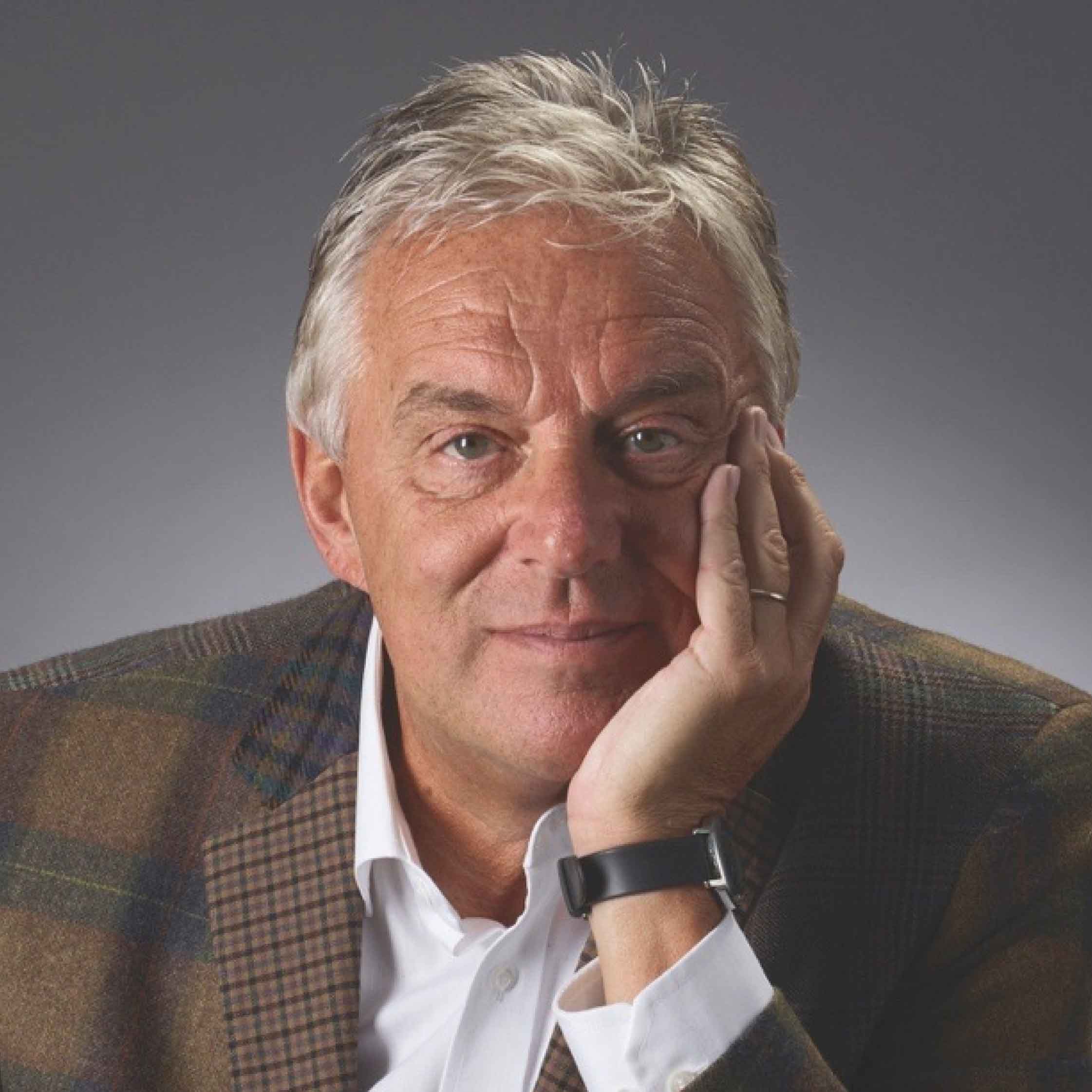
“Creating a sustainable and diverse location for the business and for our staff is a very good and positive way of retaining and recruiting good people”
